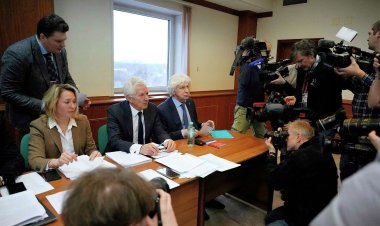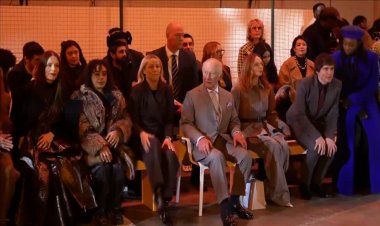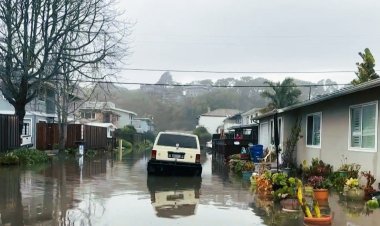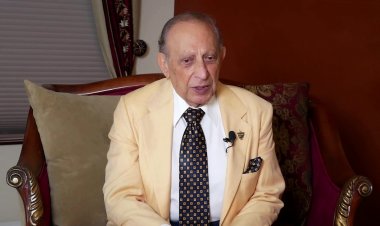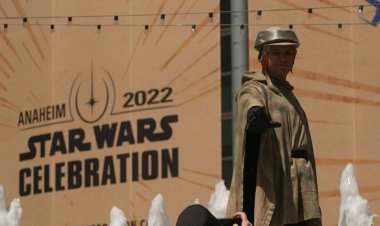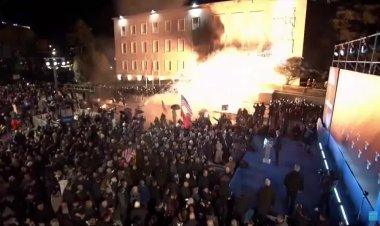Trudeau invokes emergency powers to quell Canada protests
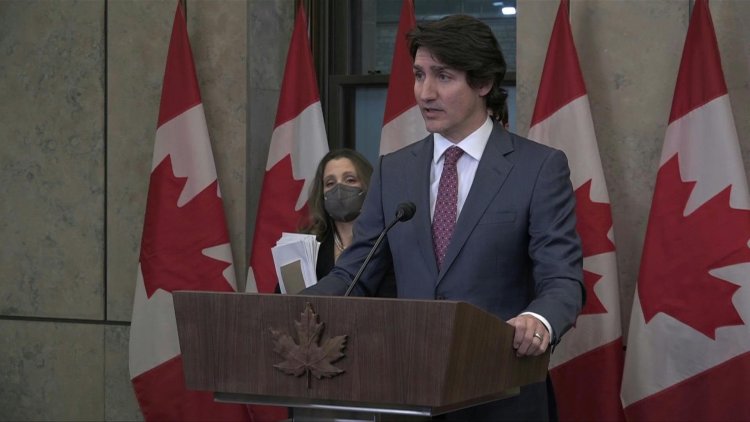
Canadian Prime Minister Justin Trudeau on Monday invoked rarely used emergency powers to bring an end to trucker-led protests against Covid health rules, after police arrested 11 people with a "cache of firearms" blocking a border crossing with the United States.
It marked only the second time in Canadian history such powers have been invoked in peacetime, and came as hundreds of big rigs still clogged the streets of the capital Ottawa, as well as two border crossings.
"The federal government has invoked the Emergencies Act to supplement provincial and territorial capacity to address the blockades and occupations," Trudeau told a news conference.
The prime minister said the military would not be deployed at this stage, but that authorities would be granted more powers to arrest protesters and seize their trucks in order to clear blockades, as well as ban funding of the protests.
"We cannot and will not allow illegal and dangerous activities to continue," Trudeau said.
"This is about keeping Canadians safe, protecting people's jobs and restoring confidence in our institutions," he added, noting that the scope of the measures would be "time-limited" and "geographically targeted," but without providing specifics.
As the threat of violence lingered, federal police said they arrested 11 protesters with rifles, handguns, body armour and ammunition at the border between Coutts, Alberta and Sweet Grass, Montana, just a day after another key US-Canada border crossing was cleared in Ontario.
"The group was said to have a willingness to use force against the police if any attempts were made to disrupt the blockade," the Royal Canadian Mounted Police said in a statement.
The protests by Canadian truckers and their supporters -- opposed to mandatory coronavirus vaccines and pushing a wider anti-establishment agenda -- have triggered copycat movements from France to New Zealand, with US truckers mulling similar rallies.




